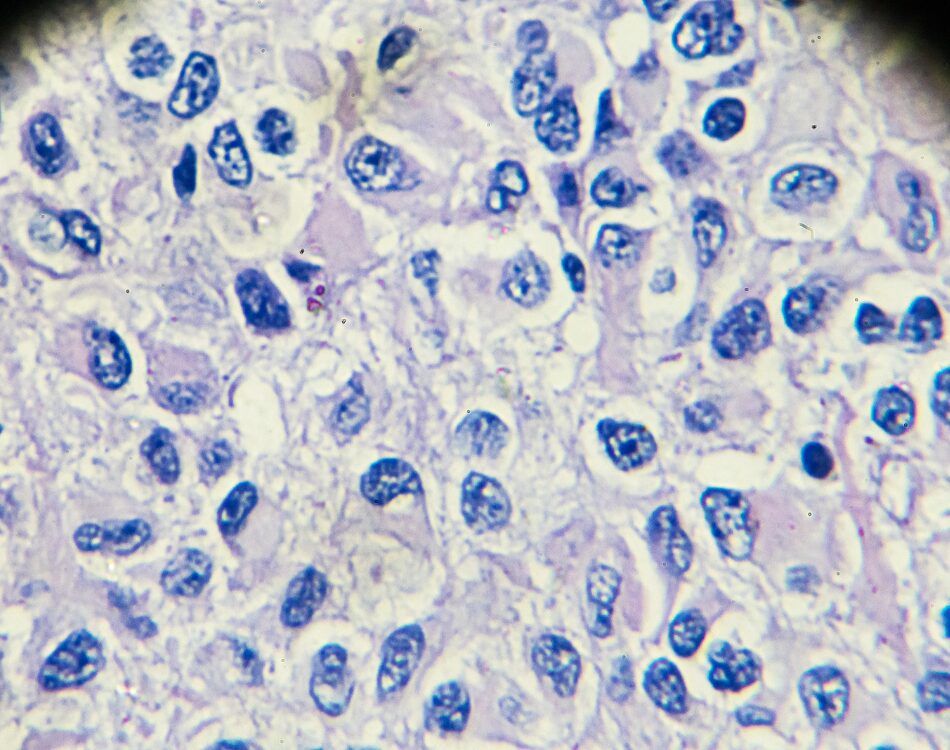Germ cell tumors (GCTs) are a specific type of cancer that can develop in the reproductive organs. While they’re relatively uncommon, particularly in adults, they can be aggressive. The good news? Thanks to advancements in treatment, particularly through clinical trials, the outlook for GCT patients is much brighter than ever before.
Understanding GCTs
GCTs arise from germ cells, which are the precursors to sperm and eggs. They can develop in various locations, including the testicles in males, ovaries in females, and even in the brain, chest, or tailbone in children and young adults. There are different subtypes of GCTs, each with varying aggressiveness.
The Role of Clinical Trials
Before effective treatments were available, GCTs often had a poor prognosis. But that’s where clinical trials stepped in and changed the game. These trials are research studies that evaluate new treatment approaches or combinations of existing therapies.
Here’s how clinical trials have contributed to the fight against GCTs:
- Developing Cisplatin: This chemotherapy drug, a cornerstone of GCT treatment today, was first tested in clinical trials in the 1970s. It revolutionized GCT therapy, leading to significantly improved survival rates.
- Refining Treatment Regimens: Through trials, doctors have determined the most effective combinations and dosages of chemotherapy drugs for different GCT subtypes, reducing side effects while maximizing effectiveness.
- Exploring New Therapies: Clinical trials are constantly pushing the boundaries. Researchers are investigating targeted therapies, immunotherapies, and even stem cell transplants as potential future options for GCT patients.
The Impact on Patients
The impact of clinical trials on GCT patients is undeniable.
- Increased Survival Rates: Thanks to advancements from trials, the five-year survival rate for testicular GCTs, the most common type, is now over 90%.
- Improved Treatment Options: Trials have led to a wider range of treatment options, allowing doctors to tailor therapy to individual patients based on their specific needs and the tumor characteristics.
- Hope for the Future: Ongoing clinical trials offer a beacon of hope for even more effective and less toxic treatments in the years to come.
Considering a Clinical Trial
If you’ve been diagnosed with a GCT, talk to your doctor about clinical trials. While not everyone is eligible, these trials offer a chance to access cutting-edge treatments and potentially contribute to future advancements for others. Clinicaltrials.gov is a great resource to find ongoing trials near you.
Together, with continued research and clinical trials, we can keep improving the outlook for GCT patients.pen_sparktunesharemore_vert

